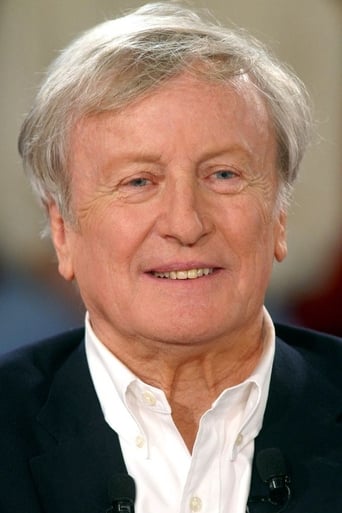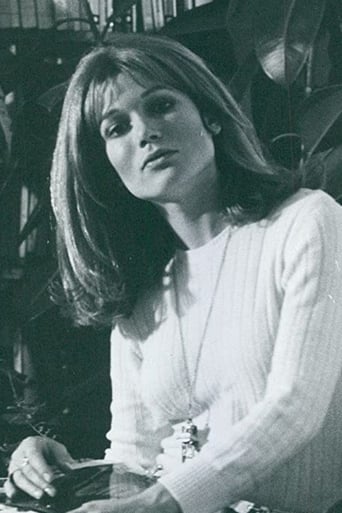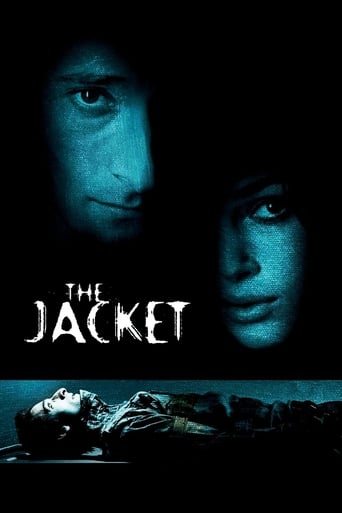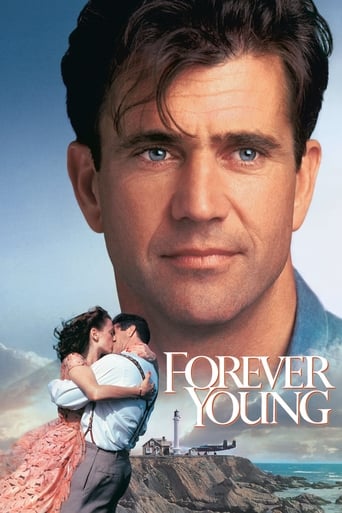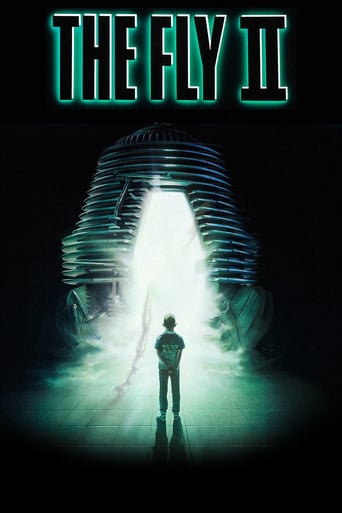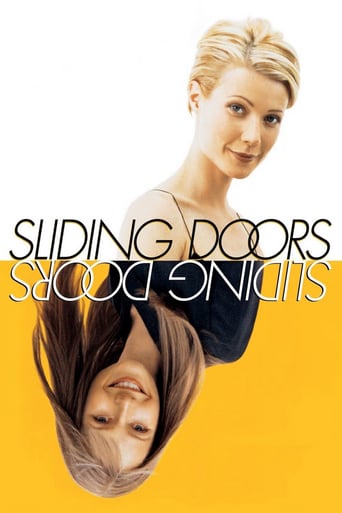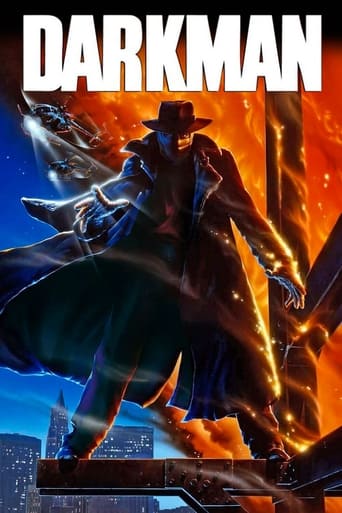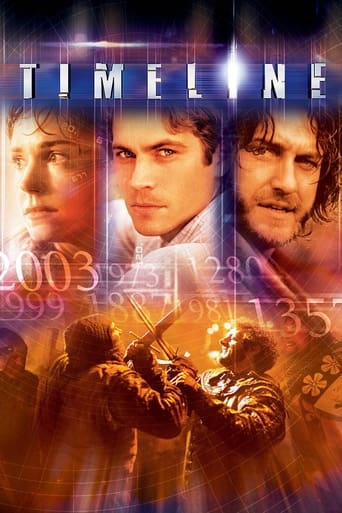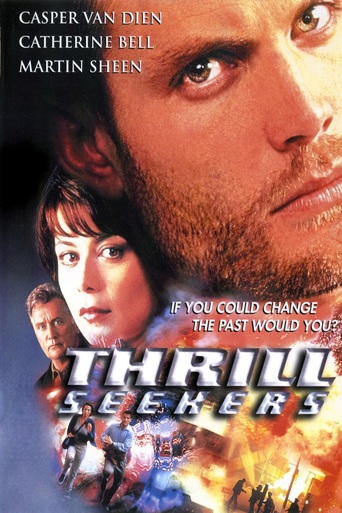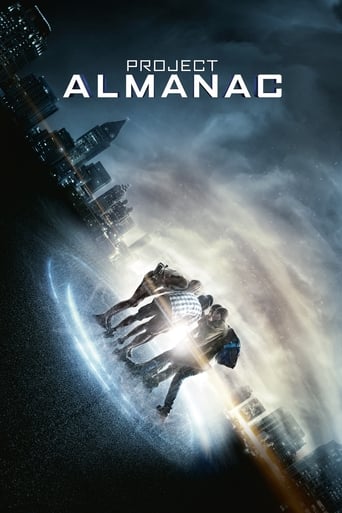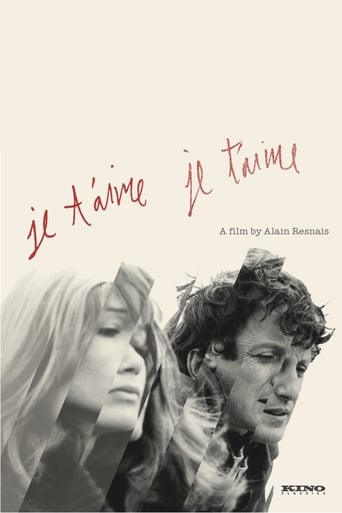
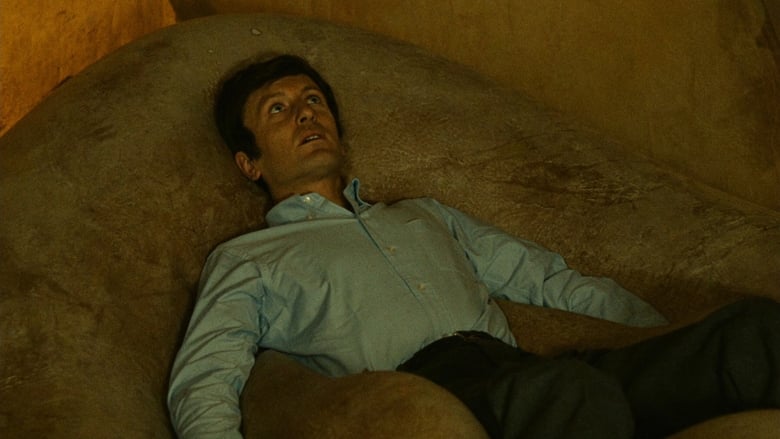
Je T'Aime, Je T'Aime (1970)
Recovering from an attempted suicide, a man is selected to participate in a time travel experiment that has only been tested on mice. A malfunction in the experiment causes the man to experience moments from his past in a random order.
Watch Trailer
Cast


Similar titles
Reviews
Resnais is haunted by time and memory(viz:- Hiroshima Mon Amour,Muriel, Last Year in Marienbad). Je t'aime, je t'aime, is his attempt to revisit a man's memory of his past love who committed suicide, through a sci-fi framework. A group of researchers have built a time machine and have sent as mouse back in time for 1 minute. However they need a human subject, one who having survived suicide, has nothing to lose. He wants to return to a time when he was at his happiest with his beloved, Catrine. Claude ( Claude Rich) becomes hopelessly lost and unstuck in time, as the machine jumps from one memory to another, in the process something goes wrong, and the patient's memories become fragmented, uncoiling in bits and pieces, out of order, sometimes looping back again and again. In the process, we see relationship come together and fall apart, and the tragic nature of what we're watching isn't clear until the final moments. The question is, did Resnais film the memories in the same random order that the novelist, Jacques Sternberg, wrote them? Moment to moment, we're unclear of what we're seeing even when it seems so simple, so plain. As the narrative continues to spin around like a zoetrope, a visit to the beach or a quiet conversation in bed acquires new meanings as the film progresses. It's as much a love story, or a science-fiction story, as it is a story about storytelling itself, and continues on themes which Resnais has treated before. The surreality of each image and scene, lies like shattered glass. We're left to put the pieces back together, tracing the rapturous highs and turbulent lows of his relationship with his girlfriend Catrine (Olga Georges-Picot). Ridder is trapped in an isolated world of his own fractured, infinitely repeating memories.Resnais captures the seemingly mundane rituals of everyday life-dead time- that define the essence of human existence. Ridder's unremarkable life is presented in terse and abstract episodes that, although also eschewing narrative, inherently illustrate a complexity of form, experience, tactility, and emotional realism. In the end, it is the film's organic ability to convey depth and texturality that elicits pathos and humanity for the deeply flawed, alienated, modern day tragic hero imprisoned by the eternal torment of his inescapable, haunted memories.This is a remarkable film-a link between Marker's La Jetée and Gondry's The Eternal Sunshine of the Spotless Mind-which doesn't quite come off, as you can't quite pin-point the moment the lover's drifted apart. A cubist structure is built up from a man's life cut in pieces. It's compelling technically, not emotionally: Claude is a neurotic daydreamer, and can't effect any changes, washed on the tides of fractured memory like a jellyfish.Like the haunting image of the mouse at the end the self is trapped in a glass cage, gasping for air. An astringent artistry is at play behind it all.
"Je T'aime, Je T'aime (1968, Alan Resnais), a rarely-seen science-fiction cult film, exercises the viewer's mind with superb style. As with the films of Jean Luc Godard, "Je T'aime" has a chaotic narrative which oozes with dystopian gloom. The non-linear structure is a bit fatiguing and frustrating. Still, I like it because of the arresting imagery and magnetic cast.Claude Ridder (played by Claude Rich), who has held many different office jobs, has recently survived a suicide attempt. When leaving the sanitarium, Claude is approached by creepy members of a secret organization which is conducting time-travel experiments. At the remote facility he is encouraged to allow the scientists to transport him back a year in time for a minute. The scientists tell him that they have successfully conducted this experiment with lab mice and now need him for the first human trial. A few days later, Claude and a mouse (in a small container) enter the Time Machine (which looks like a human brain from the outside). The Time Machine (TM) starts up. Woops—it immediately begins skipping like a dirty CD. While the scientists outside the TM lament their inability to stop it, Claude begins reliving short segments of his past randomly without end. He can exit the TM only after decompressing for four minutes; but the endlessly-looping Time Machine keeps interrupting the closing sequence. The repeated perspective of a large brain in the background with anxious scientists in the foreground worried about the brain's condition comments upon brainwashing.It takes a while, but Claude's often repetitive flashbacks eventually reveal why he attempted suicide. A year ago Claude was on a Scotland vacation when his comely girlfriend Catrine (Olga Georges-Picot) died. The two were an exceptionally attractive couple. Nevertheless, she had been the one was always seriously depressed (long before Claude was). The two represent different types of depression. Catrina seems to be bipolar; while occasionally happy she invariably finds little about life to make her struggle worthwhile. Claude's state of mind is more connected with Catrina's poor mental health and inevitable death. He harbors feelings of guilt out of the belief he killed her. The world-weary conversation between the two is usually compelling. Some of us wonder how exceptionally beautiful people can ever be suicidal. Catrina's enervated dialogue is even more heart-breaking when we consider that the stunning Olga Georges-Picot is playing herself. In real life, she struggled with depression for decades. (Unlike Claude Ridder's try, Olga Georges-Picot's 1997 suicide attempt did not fail.)Visually, Resnais is superb. His color choices and use of the entire frame are remarkable. One often has the feeling of being in an art museum when viewing some of the imagery on display. The haunting, Gothic (and possibly Satanic) soundtrack from Krzysztof Penderecki is also very distinctive.Catrina and Claude both share the belief that life is unendurable and look forward to an end to their suffering. Resnais has a cruel surprise in store for Claude: It turns out there won't be an escape to his torments. Cinephiles who don't mind putting in some effort should find out why. However, if you chose to arrive to the revival theater showing this by Time Machine please make sure it is under warranty.
A man attempts suicide over the loss of his lover and upon awakening at a hospital he is approached by two men who wish for him to enter into their experiment with time travel but it all goes haywire and he starts reliving just about everything that's happened to him in the last 12 months. Je t'aime, Je t'aime is easily the best movie I've seen who's main focus is time travel. It's handled so normally in comparison to others I've seen and it flows ever so magnificently. The editing is some of the best I've ever seen – such free associative editing instantly reminded me of Luis Bunuel's work, namely Un Chien Andalou. The screenplay is witty and smart and it never focuses too much on the scientific aspects of time travel which is much to it's benefit because it would totally ruin the vibe of the whole film because it's not about time travel, it's about this man coming to terms with his past and figuring out the kind of person he is. The film opens with the man in the hospital and by the end of the film we know everything about this man and how he ended up in the hospital at the start. Absolutely superb filmmaking.http://destroyallcinema.wordpress.com/
After having seen three films of Alain Resnais over the past few years 'Last year at Marienbad, 'Hiroshima Mon Amour' and 'Mon Oncle d'Amerique' I think he is a director well worth the effort to learn a little more about.Resnais plays with time here and films directly what happens in the conscious of the protagonist. Impossible to place in time and place a linear narrative from the short fragmatic bursts of scenes. Eventually these scenes, disposed and diced, give the mesh or framework leading to his eventual suicide attempt. To make things more confusing it is possible that some scenes are in fact his fantasies and he didn't live them at all.I like very much films that deal with time and space when handled by great directors. You leave the cinema often slightly confused as you are thrown back into reality. The film calls for a lot of reflection.


